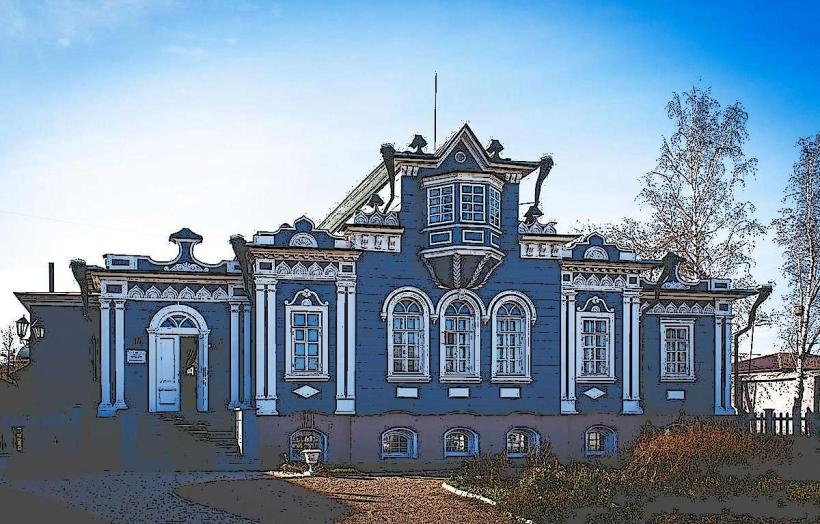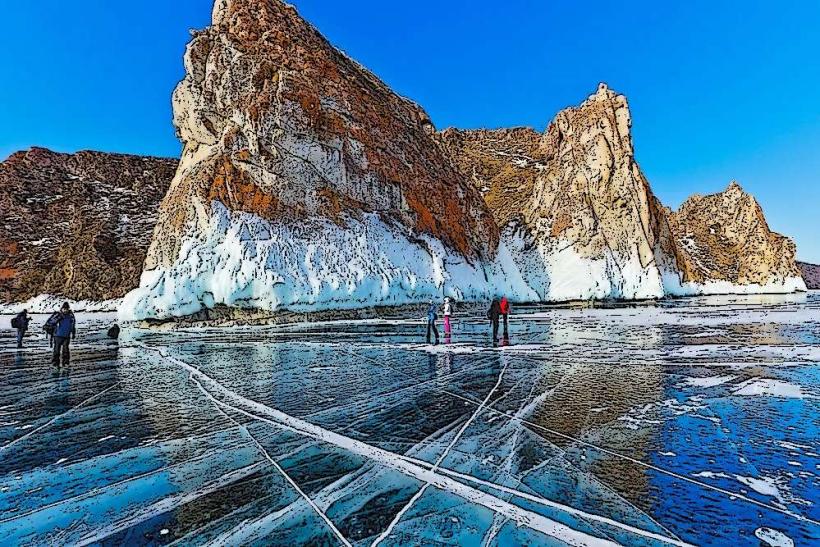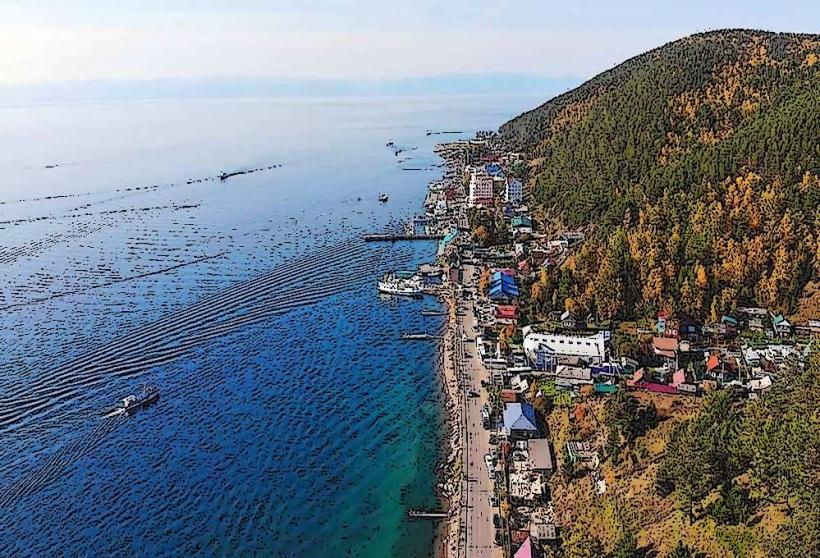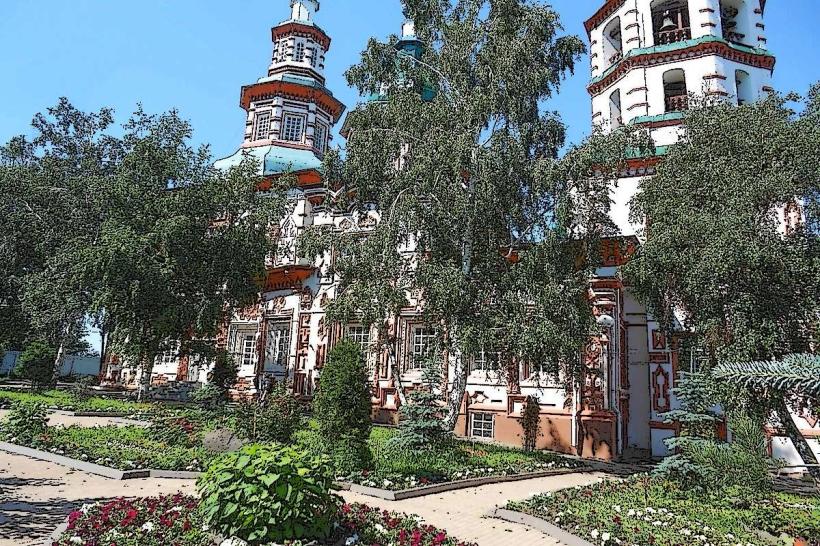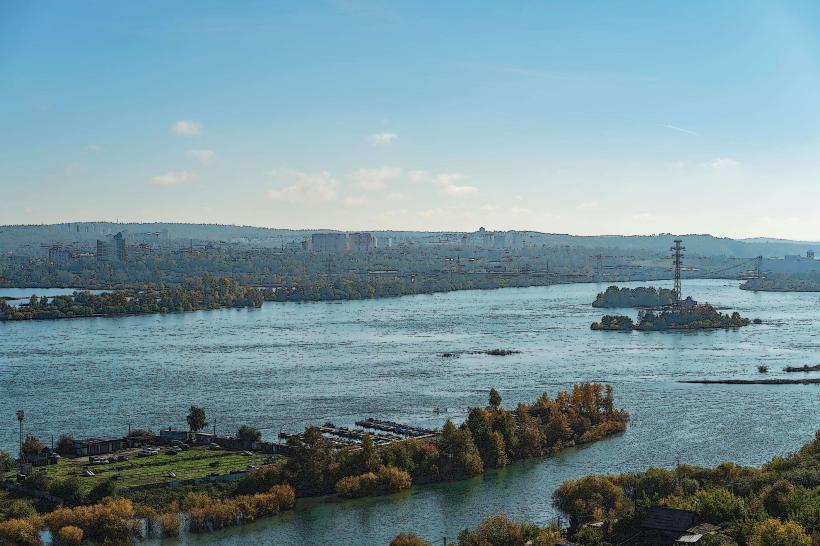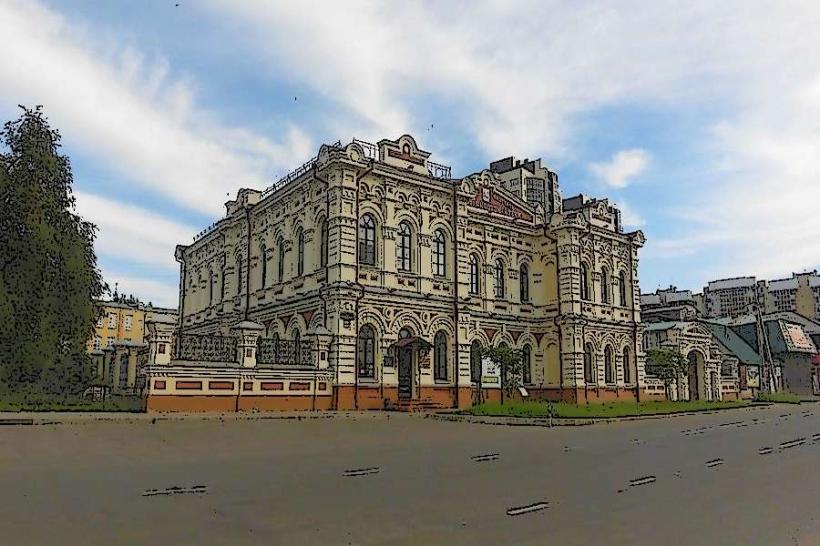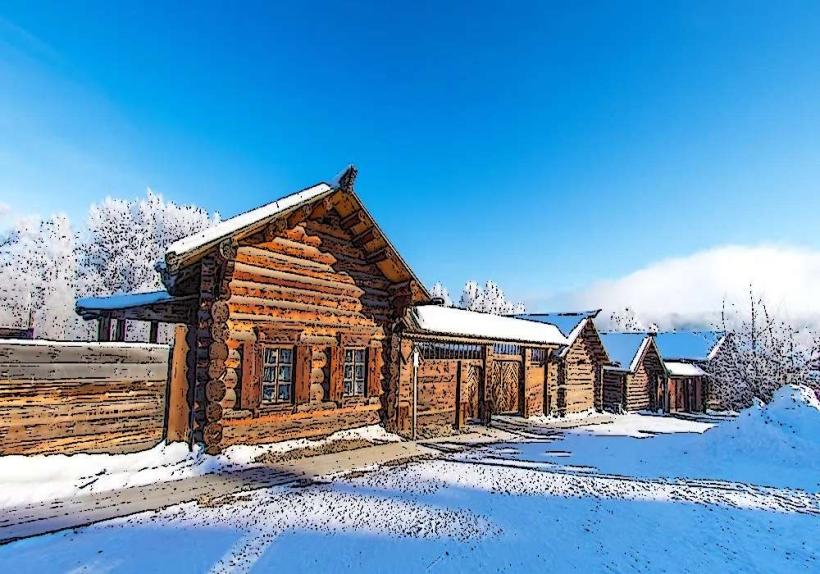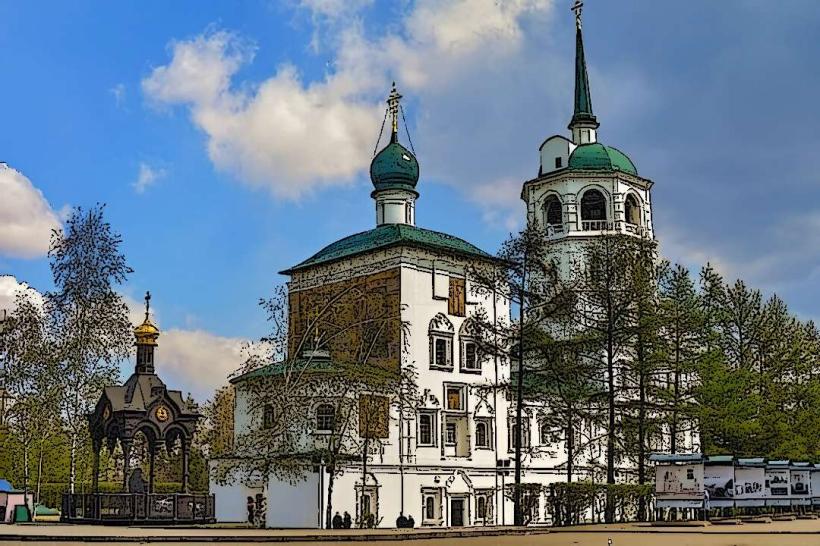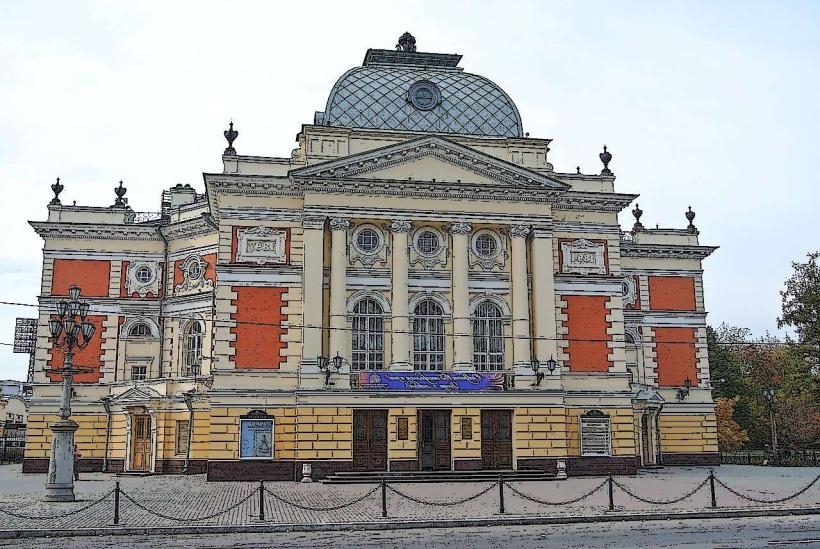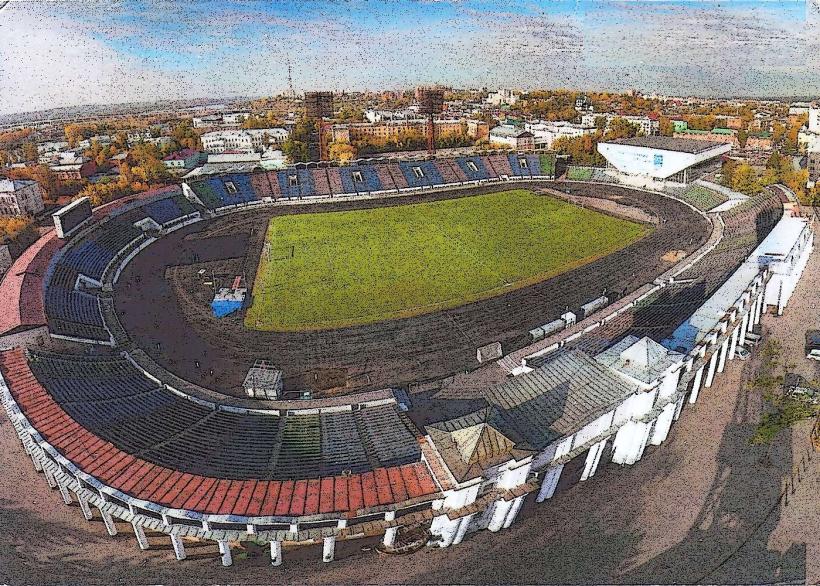Information
City: IrkutskCountry: Russia
Continent: Europe
Irkutsk, Russia, Europe
Irkutsk serves as the administrative center of the Irkutsk Oblast and is the largest city in Eastern Siberia. It is situated on the Angara River, approximately 66 kilometers from the southwestern shore of Lake Baikal, the world's deepest freshwater lake.
Historical Timeline
Irkutsk was founded in 1661 as a Cossack fortress for fur trading and tax collection. During the 19th century, it became the "Paris of Siberia" as exiled Decembrist revolutionaries from the Russian nobility brought European culture, architecture, and education to the region. The city's growth was accelerated by the arrival of the Trans-Siberian Railway in 1898. In 2026, the city remains a critical scientific and industrial hub, though it is currently navigating significant regional budgetary cuts due to shifts in the extractive sector.
Demographics & Population
The metropolitan population is approximately 649,000 as of 2026. The demographic is primarily ethnic Russian, with a significant indigenous Buryat minority. The city is home to a high density of students and researchers, contributing to a median age of approximately 34 years.
Urban Layout & Key Districts
The city is organized around the confluence of the Angara and Irkut rivers.
Kirovsky District: The historical and administrative center containing the primary landmarks and embankments.
130th Quarter (Irkutsk Sloboda): A specially reconstructed pedestrian zone featuring restored 18th and 19th-century wooden buildings.
Sverdlovsky District: The academic and scientific hub, housing the State University and research institutes.
Oktyabrsky District: A modern residential and commercial area featuring the international airport.
Top City Landmarks
130th Quarter: A vibrant cluster of traditional Siberian "lace" wooden houses, cafes, and museums.
Kazan Church: A Byzantine-style Orthodox cathedral known for its striking red-and-blue exterior.
The Babr Statue: A monument to the city's heraldic symbol-a mythical Siberian tiger with a sable in its mouth.
Angara Embankment: A major promenade featuring the monument to Tsar Alexander III.
Decembrist Museum: Set in the former mansions of the Volkonsky and Trubetskoy families.
Transportation Network
Irkutsk is a major stop on the Trans-Siberian Railway. Movement within the city relies on a network of trams, trolleybuses, and private minibuses (marshrutkas). Irkutsk International Airport (IKT) connects the region to Moscow and Asian hubs, though international flight options are currently limited. Taxis are best booked through the Yandex Go app. The city serves as the primary gateway for the Circum-Baikal Railway, a scenic historical rail loop.
Safety & "Red Zones"
Travel advisories from Western nations (US, UK, Australia) remain at "Do Not Travel" in 2026. Foreigners face risks of arbitrary detention and harassment by security services. Public political discourse or protests are "red zones" and lead to immediate arrest. While general street crime is low, avoid poorly lit areas in the industrial Kuibyshevsky district at night. GPS jamming is occasionally reported near administrative centers.
Digital & Financial Infrastructure
Foreign-issued Visa and Mastercard cards do not work. Foreigners must carry cash (RUB) or use a local MIR card. Fiber internet is standard in the city center. Access to Western social media platforms (Instagram, Facebook) is blocked without the use of a VPN. Biometric registration is required for local SIM card activation.
Climate & Air Quality
Irkutsk has a subarctic climate with extreme seasonal shifts. Winters are severe ($−15^{\circ}\text{C}$ to $−30^{\circ}\text{C}$), while summers are short and warm ($18^{\circ}\text{C}$ to $25^{\circ}\text{C}$). Proximity to Lake Baikal provides slightly more stable temperatures than other parts of Siberia. Air quality is generally high, though winter inversions can trap wood-smoke and industrial particulates.
Culture & Social Norms
The city is a blend of Russian Orthodox and indigenous Buryat (Buddhist/Shamanic) traditions. Tipping of 10% is standard in restaurants. Handshakes are the common greeting; eye contact is expected in professional settings. Regional cuisine is unique, featuring Omul (endemic Baikal fish) and Buuzy (Buryat meat dumplings).
Accommodation Zones
Kirovsky/130th Quarter: Best for walking access to historical sites and nightlife.
Angara Embankment: Stay here for scenic views and proximity to high-end business hotels.
Local Cost Index
1 Espresso: 190 RUB ($2.10)
1 Standard Lunch: 500–800 RUB ($5.50–$8.80)
1 Trans-Siberian Ticket (to Vladivostok, 3rd Class): 8,500 RUB ($93.00)
Nearby Day Trips
Listvyanka Village: 70 km (1 hour) – The main tourist gateway to Lake Baikal.
Taltsy Museum: 47 km (45 minutes) – An open-air museum of traditional Siberian wooden architecture.
Olkhon Island: 250 km (5–6 hours) – The spiritual heart of Lake Baikal and a center for Shamanism.
Facts & Legends
A verified historical oddity is that the Angara is the only river that flows out of Lake Baikal, while over 300 rivers flow into it. A prominent local legend concerns the "Shaman Rock" at the source of the Angara; it is said the lake's father, Baikal, threw the rock at his daughter, Angara, to stop her from running away to join her lover, the Yenisei River. The city is also famous for the "Irkutsk Lace"-the intricate, hand-carved window frames that decorate the historic wooden estates.

